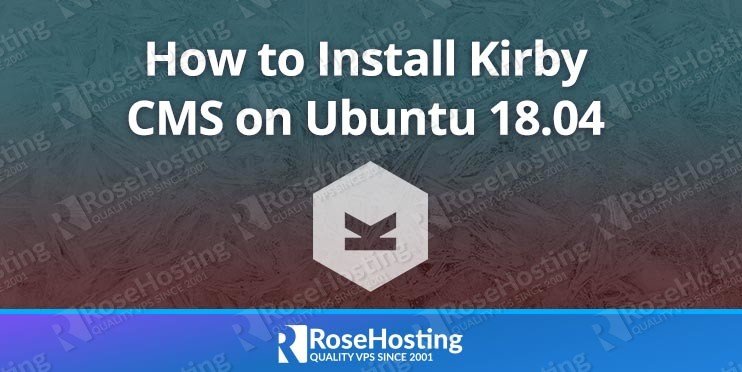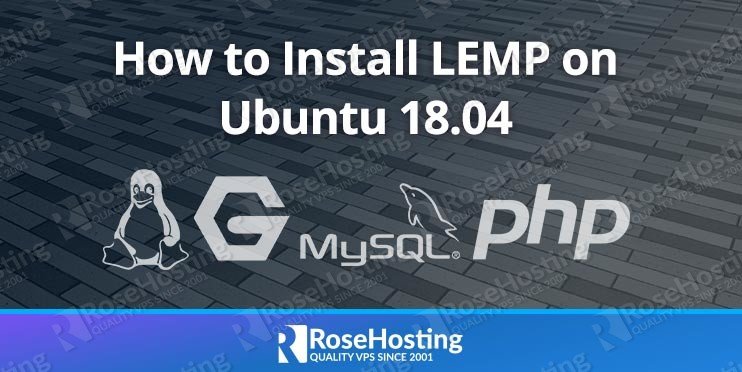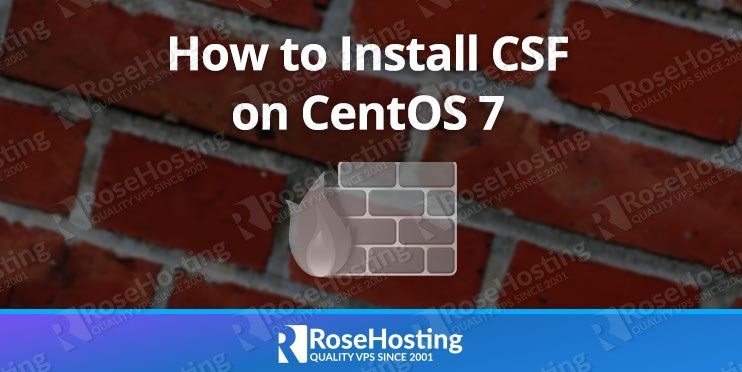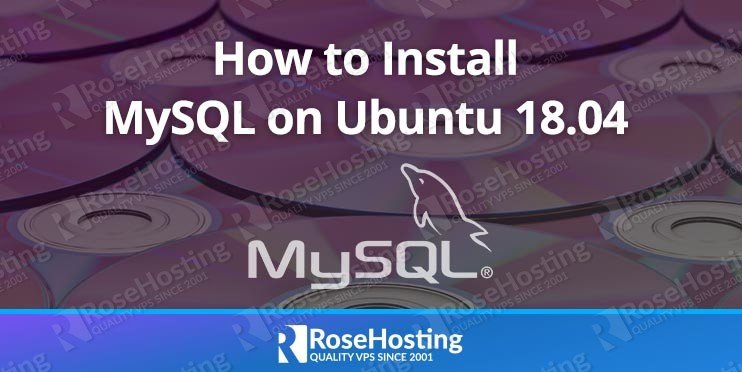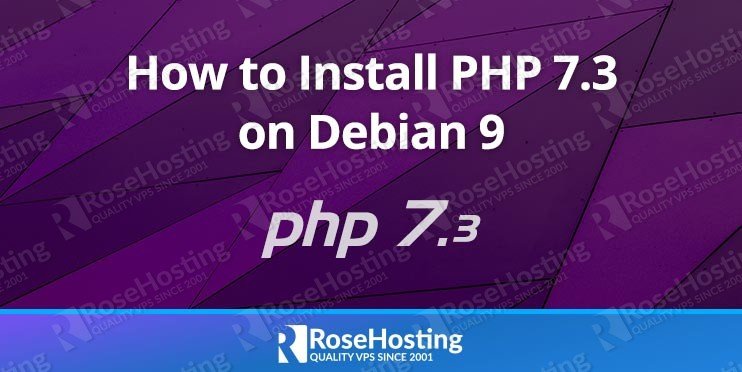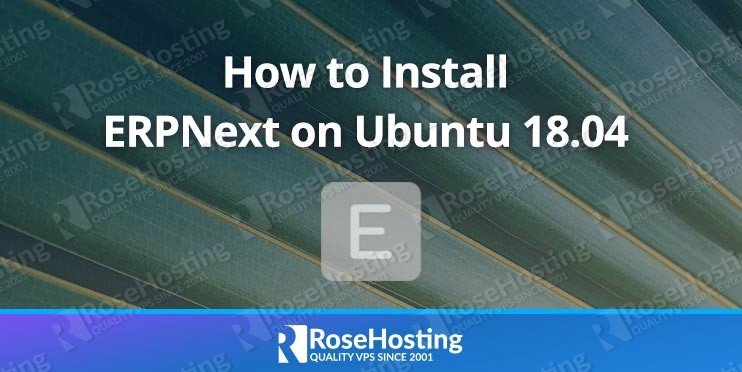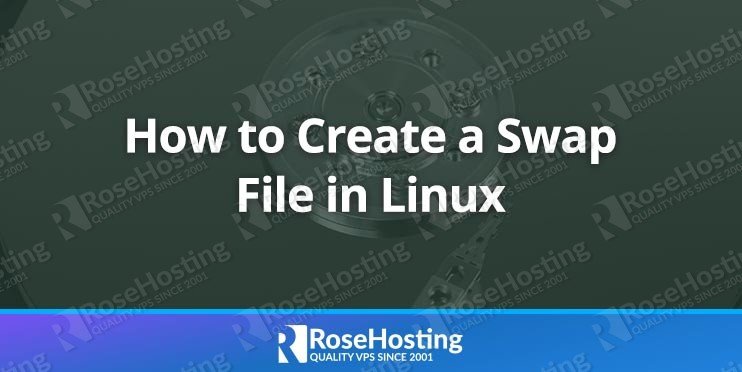Kirby is a Content Management System (CMS) that does not use a database. Kirby will adapt your projects and help you easily build your personal or professional website in only a few minutes. Kirby CMS offers incredible features that may not be available in other PHP based CMSs. Kirby is configured with YAML files and does not need a special template engine like Twig, and works with pure PHP and HTML. In this article, we will show you how to install Kirby CMS on Ubuntu 18.04.
 Jeff Wilson
Jeff Wilson
How to Install LEMP on Ubuntu 18.04
The LEMP stack is a web development platform for hosting static and dynamic websites. It is a combination of free and open-source software including Linux, Nginx, MySQL, and PHP. It is an alternative to the highly popular LAMP stack, the only difference being having Nginx as a web server instead of Apache.
How to Install the CSF Firewall on CentOS 7
One of the first things you should do after installing CentOS 7 is to configure a decent firewall. The normal firewall that comes preinstalled on CentOS is called iptables – and even though that is a very thorough solution, it’s usually targeted towards more experienced users, and because of its steeper learning curve, it can feel unintuitive to get started with. This is why we recommend a 3rd party solution called ConfigServer Security & Firewall (CSF). It’s free, open-source, and is one of the best ways to manage your firewall needs on CentOS.
How To Install CS-Cart on Ubuntu 18.04
CS-Cart is an e-commerce platform that enables sellers to set up their virtual shopping center. It offers around 500 tools by default that makes managing an online store a breeze. It is developed using PHP and utilizes MySQL as the database. The recommended web server for CS-Cart installation is Apache as it is proven to be stable and robust.
It is currently maintained by the Simtech conglomerate. At the time of writing, CS-Cart does not offer a free version anymore – however, a free 30-day trial is available for their software.
How to Install MySQL on Ubuntu 18.04
In this tutorial, we will show you how to install and improve the security of MySQL on Ubuntu 18.04. MySQL is one of the most popular and widely-used open-source relational database management systems. It is used for building web applications such as WordPress, Drupal, Joomla, and Magento, and is an important part of the LAMP/LEMP open-source web application software stacks. At the moment of writing this tutorial, the latest supported version from the official Ubuntu package repository is MySQL 5.7. Let’s get started.
How to Install PHP 7.3 on Debian 9
In this tutorial, we will show you how to install PHP 7.3 on Debian 9. PHP (Hypertext Preprocessor) is an open-source server-side scripting language designed primarily for creating dynamic interactive websites. PHP is one of the most popular languages and it is freely available for redistribution and modifications. PHP powers WordPress, the most popular content management system used for blogging and building websites, as well as many other e-commerce websites, customer relationship management software, enterprise resource planning software, and much more.
The latest PHP 7.3 version has been officially released on December 6th, 2018. It comes with a number of new features and a few incompatibilities that you should be aware of before upgrading from the previous version.
How to Install ERPNext on Ubuntu 18.04
ERPNext is an open-source Enterprise Resource Planning (ERP) framework designed around hassle-free web-based business process management. ERPNext features include Accounting, HR & Payroll, Manufacturing, Sales & Purchase, CRM, Projects, Help Desk, Asset Management, and a fully functional website.
The ERPNext core is developed using the Python programming language. It also makes use of mainstream platforms such as Nginx, MariaDB, Node.js, and Redis, which make it up-to-date with the latest trends and is likely to be supported in the years to come.
ERPNext is licensed under the GNU General Public License v3.
How to Create a Swap File in Linux
In this article, we will talk about Swap files, and how to create swap space in Linux using a swap file.
